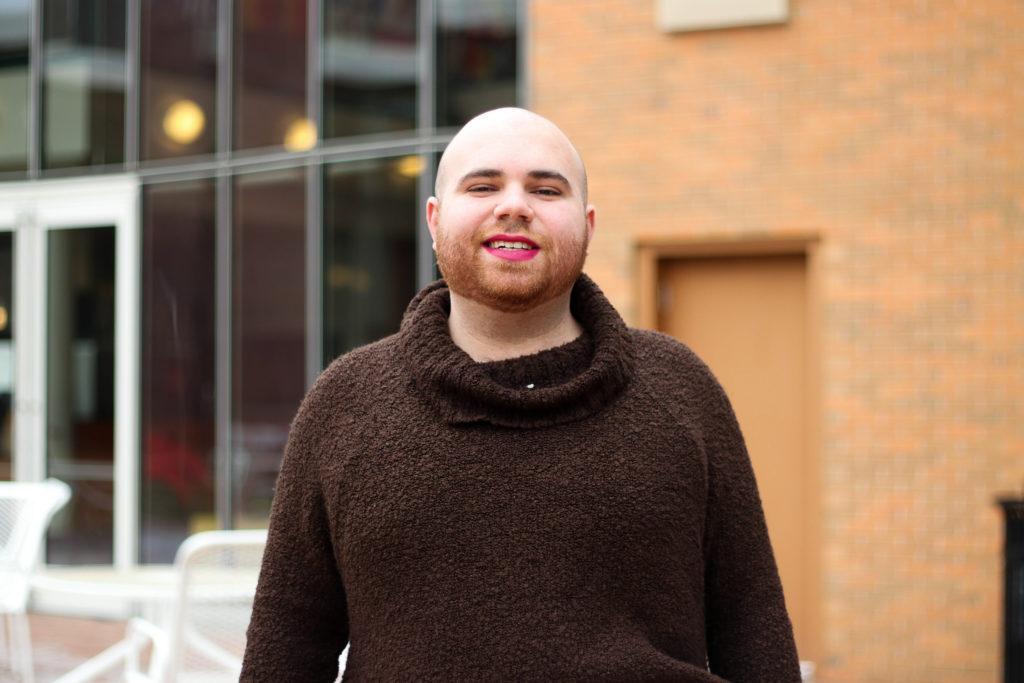
Labor rights in Iowa have been less than ideal for a long time. Iowa has had a Right to Work Law on the books since the 70s. However, in the 2017 legislative cycle, the Iowa Republican party dismantled collective bargaining rights for public employees through rewriting Chapter 20 of the Iowa Code, which governs public employment relations. This means that teachers, nurses at public hospitals and so many other workers that make our state great have lost the rights to bargain for anything except wages. Negotiations regarding healthcare, working conditions and so many other important working realities are completely off the table.
Gov. Kim Reynolds and the Iowa legislature not only disdain organized labor, but also those working minimum wage jobs in general. In the same legislative session, they rolled back minimum wage increases that were passed in several counties and municipalities in Iowa. These raises were fought for and won by organizations like the Center for Worker Justice of Eastern Iowa, Iowa Citizens for Community Improvement and organized labor across the state. This is an ever more common trend in Republican legislatures, in which those who once claimed to prize local control above all else nullify laws passed by progressive local governments through a policy called preemption. This tactic has been used widely to enact conservative agendas throughout the country. North Carolina’s transphobic bathroom bill, HB2, for example, was a direct application of this principle.
College President Raynard Kington has not made strides to restrict transgender peoples’ access to appropriate facilities. But, as we saw in a campus memo just a few weeks ago, Kington is as bad as Reynolds on labor rights. He has gone so far as to say that students who participate in work-study should not be considered employees of the College. Rather than recognize many students’ desire to be represented by a union, the administration presents a straw man. They cite the resources required to have unions for every workplace on campus, which has not been the goal of the expansion efforts made by UGDSW.
Rather, the goal of the expansion effort has been to create one bargaining unit for all student employees. The College ignores our common interest as employees. Even though our wages and hours are standardized across jobs, they state that our positions are too different to have a single bargaining unit. They ignore histories of unions that have represented membership from across a wide variety of jobs, like those represented by the American Federation of State, County and Municipal Employees (AFSCME). Incidentally, AFSCME is one of the unions most targeted by the horrendous rewrite of Chapter 20. Even worse, the College administration offered a thinly-veiled threat to students’ financial aid if union expansion was reached.
I have not been uncritical of the union myself. When they were first attempting to unionize dining services I was concerned about the high schoolers who work part-time at the Dining Hall to help their families make ends meet. I was pleased when the union welcomed them into membership and ensured that they were paid appropriate wages for their work. I remain concerned about the career staff, who have horrendous working conditions alongside student workers but who are not represented by the union because of their management roles. It is clear that their conditions need to be improved, and I hope that the union continues to make this a priority. This also applies to many of the career support staff across the College, and I have made this concern abundantly clear to union leadership and will continue to do so. I have this ability because I am now a member of the union, and the union now represents me and takes my voice seriously. At the end of the day, what is obvious through the release of Kington’s official position is that the College does not respect the labor of its employees, whether they are students or career staff.
I grew up in a union household. My parents are both union educators and my uncle is a retired union air traffic controller. My experience in Iowa politics has been greatly shaped to my benefit because of my union siblings. But I am graduating, and I will be leaving Grinnell to go to graduate school. So why does this matter to me? Because I would not be at this institution without the hard-earned benefits that organized labor has given me. The comments made by Kington are an affront to my existence at this institution, just like Reynolds’s attacks on public and minimum wage workers were affronts to workers everywhere. Both figures should be ashamed. I am proud of my work as a Phonathon caller and manager as well as a teaching assistant in the chemistry department, and so I joined the union. I hope you’ll join too.




























































